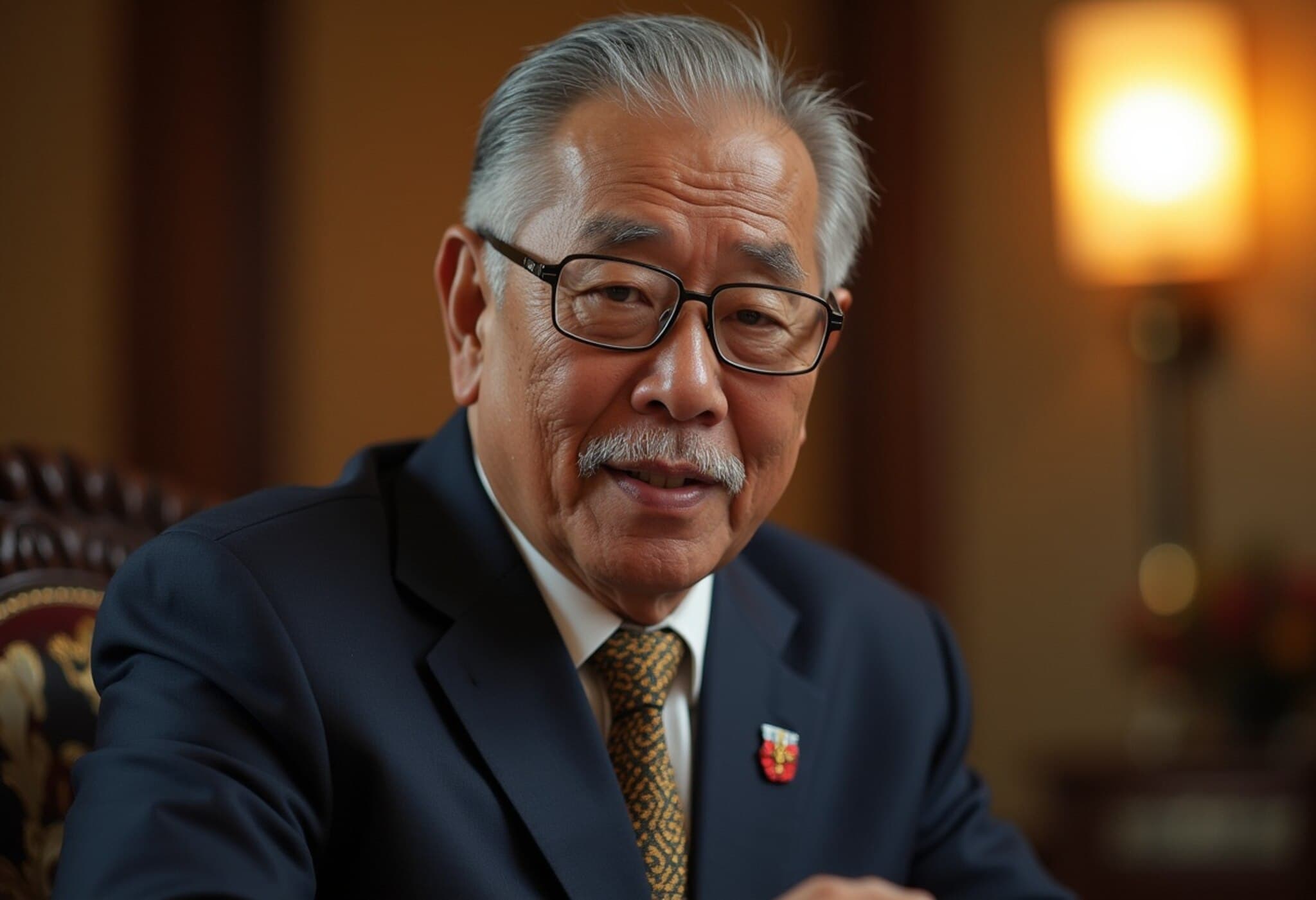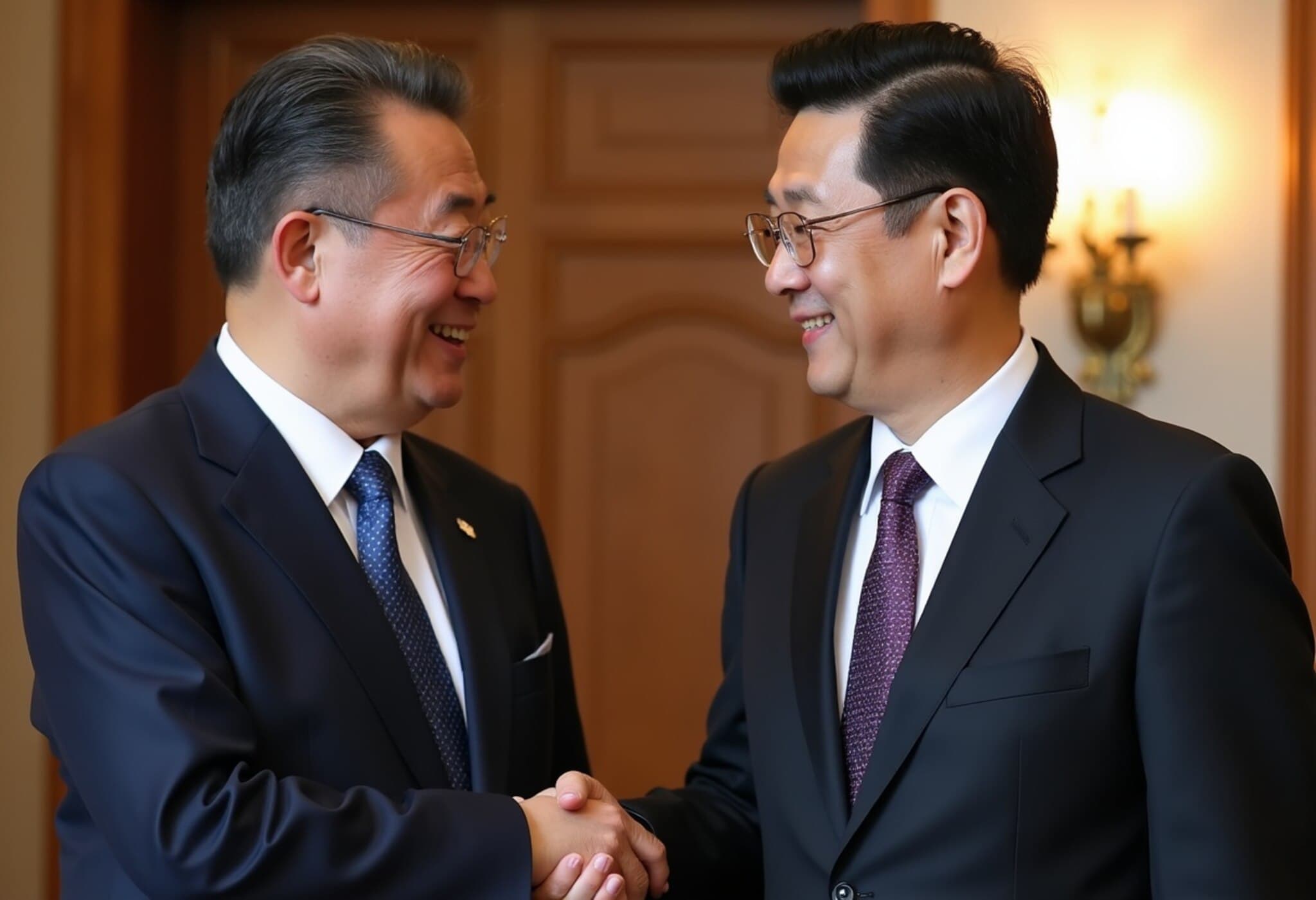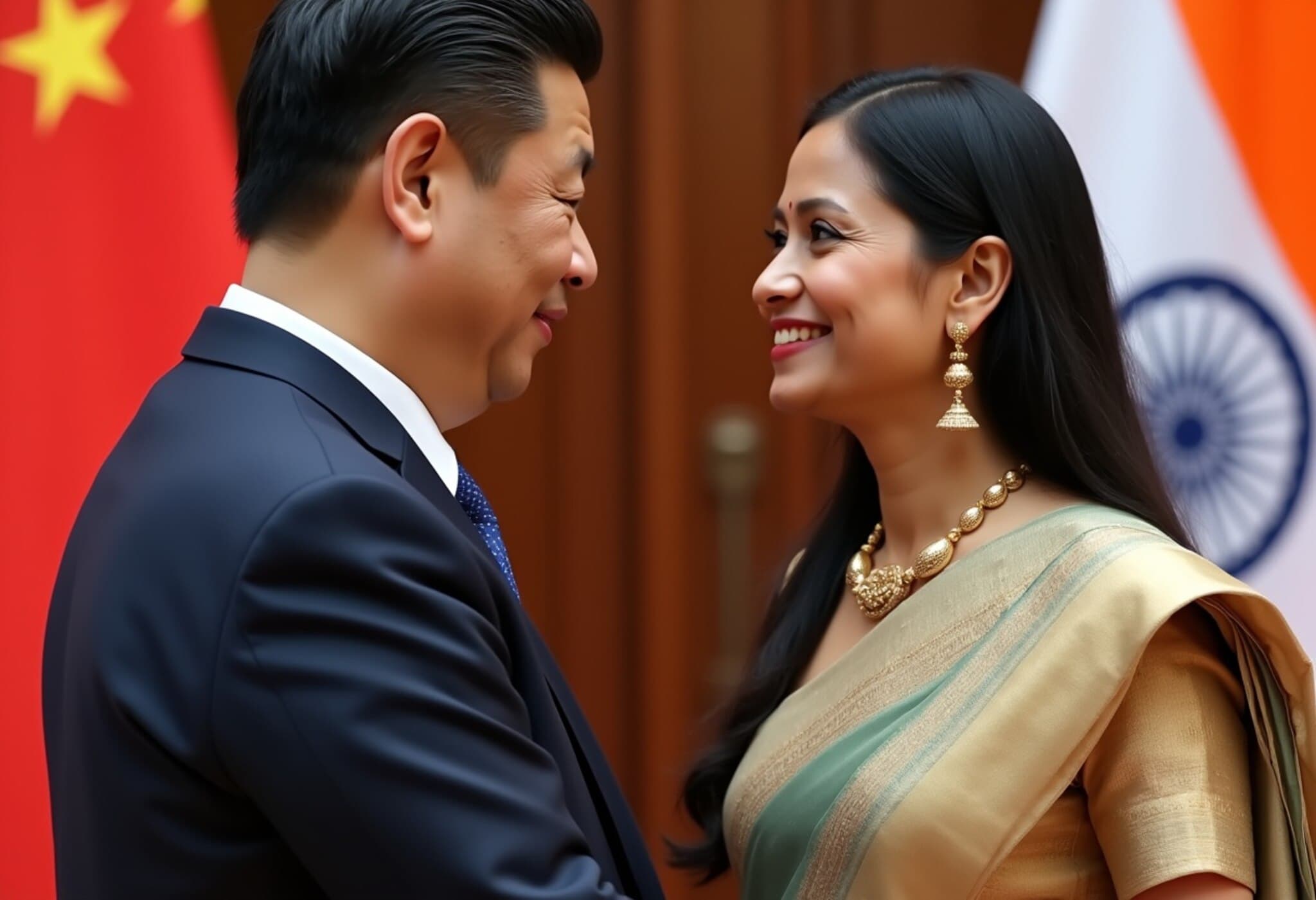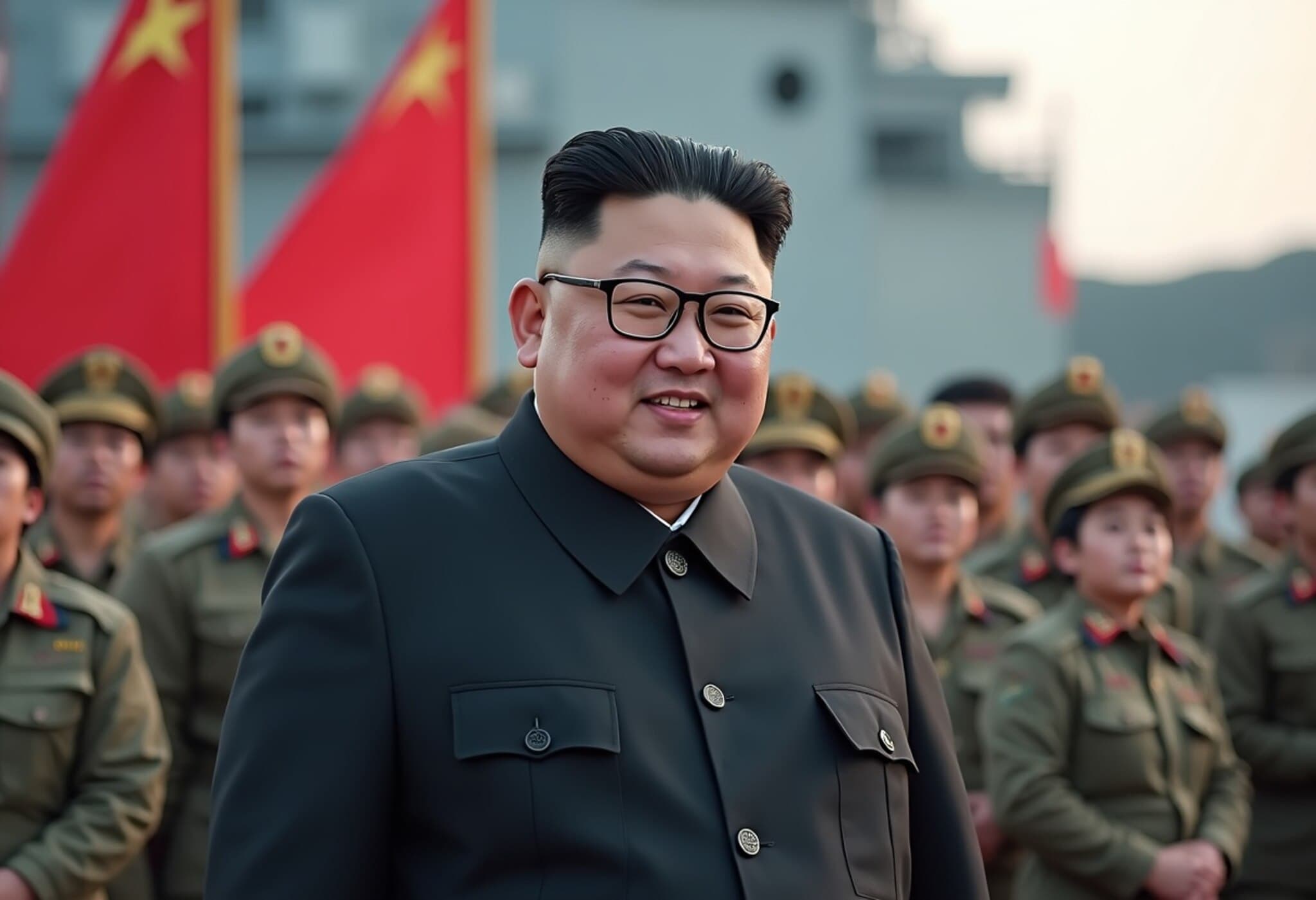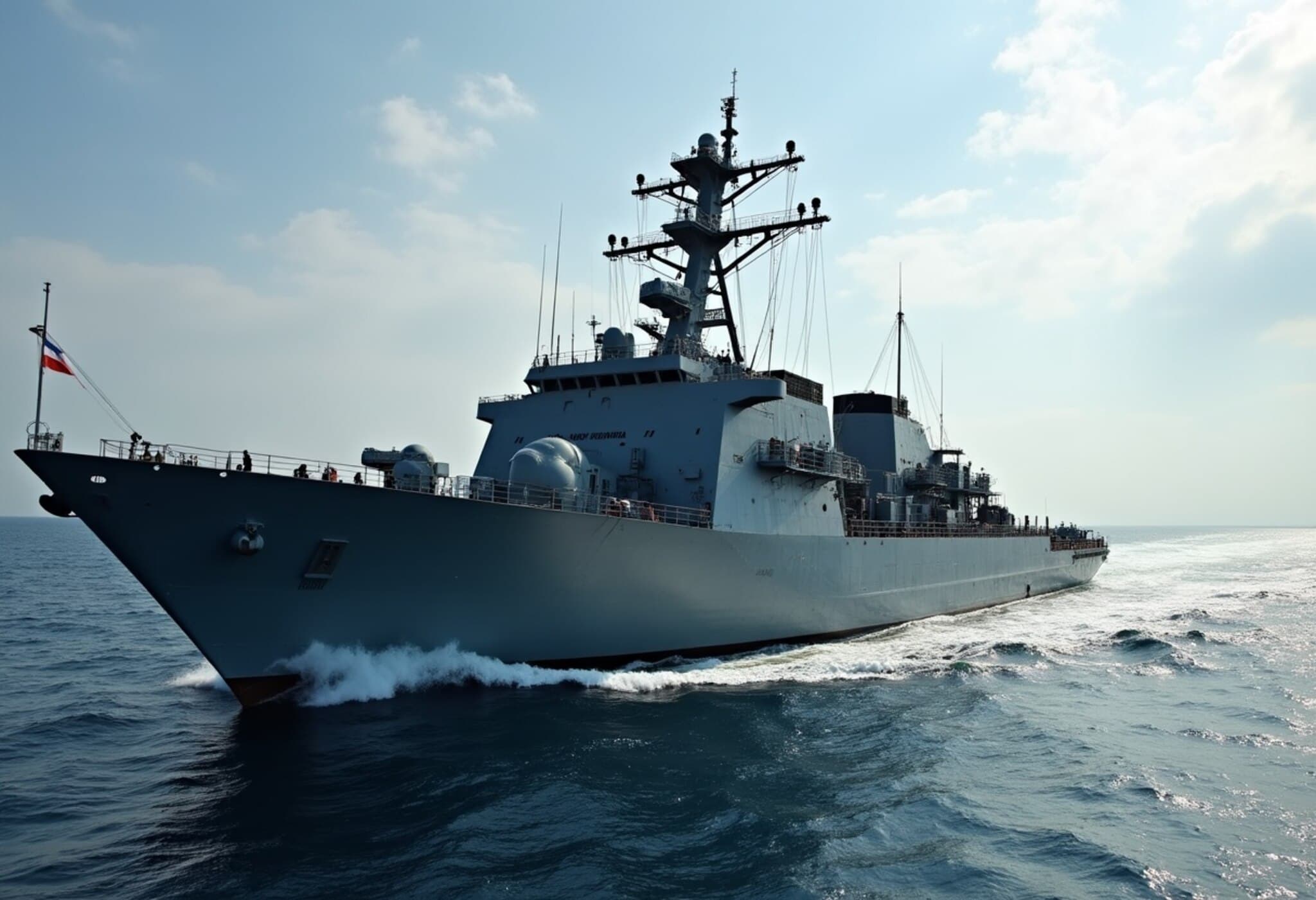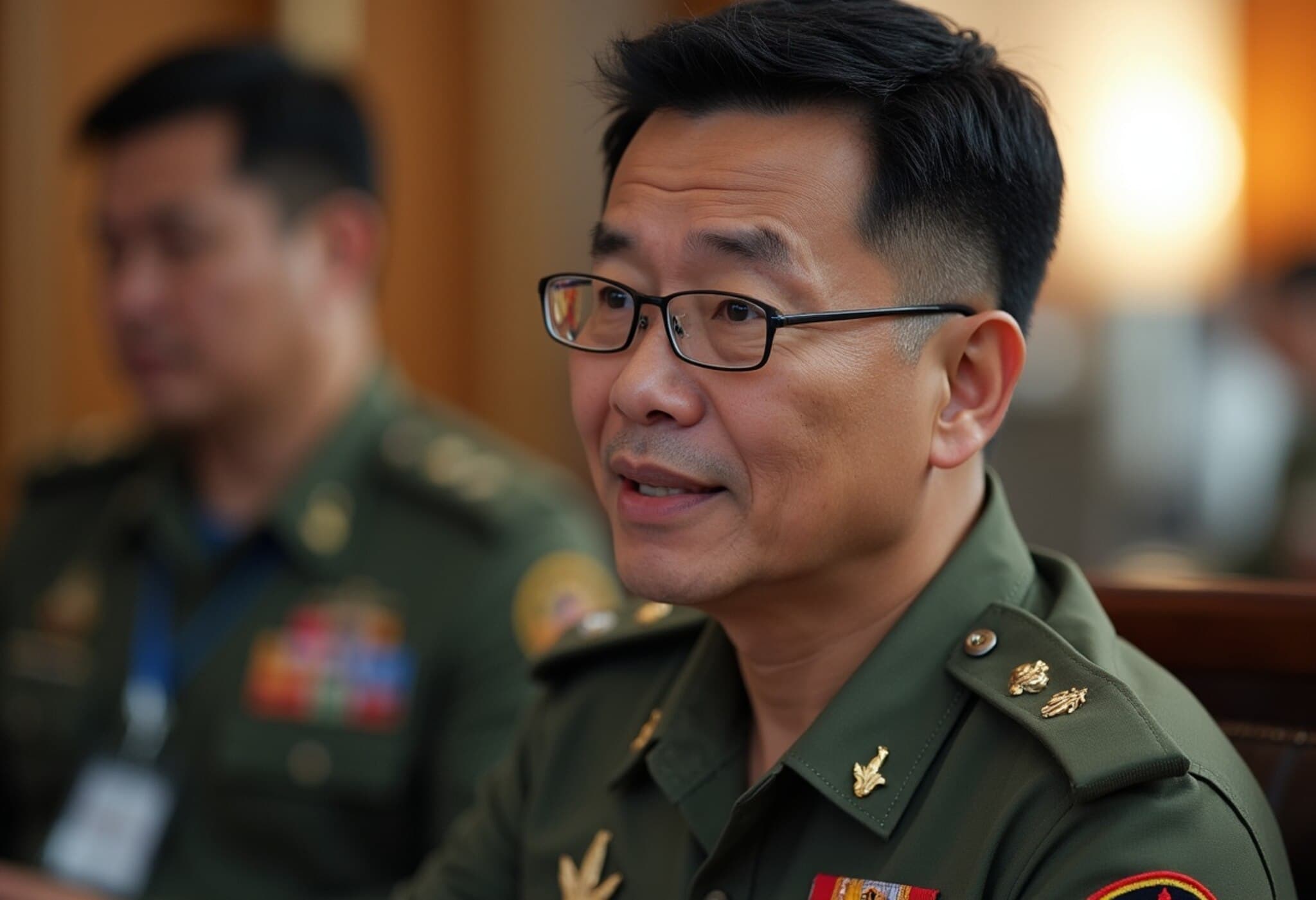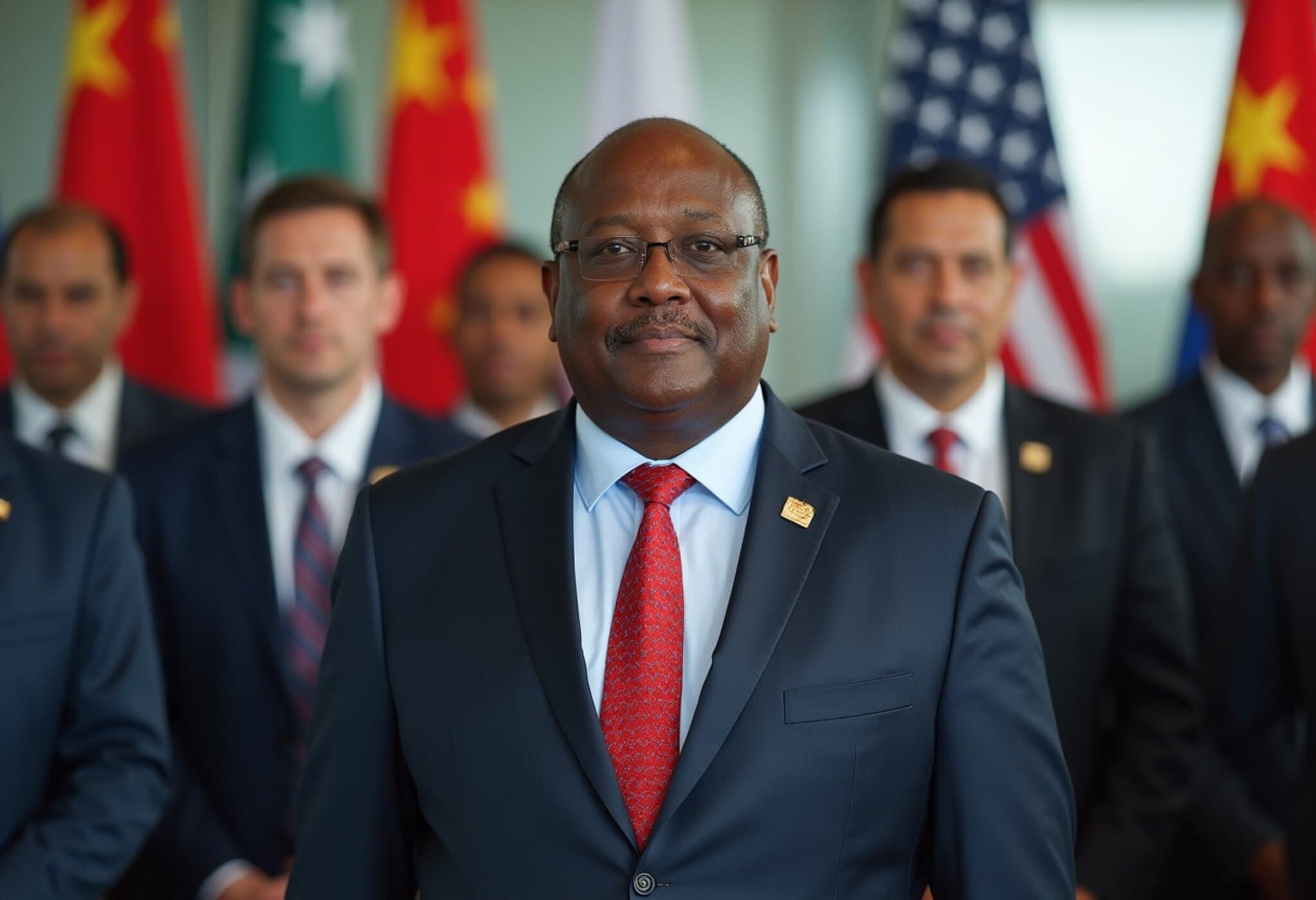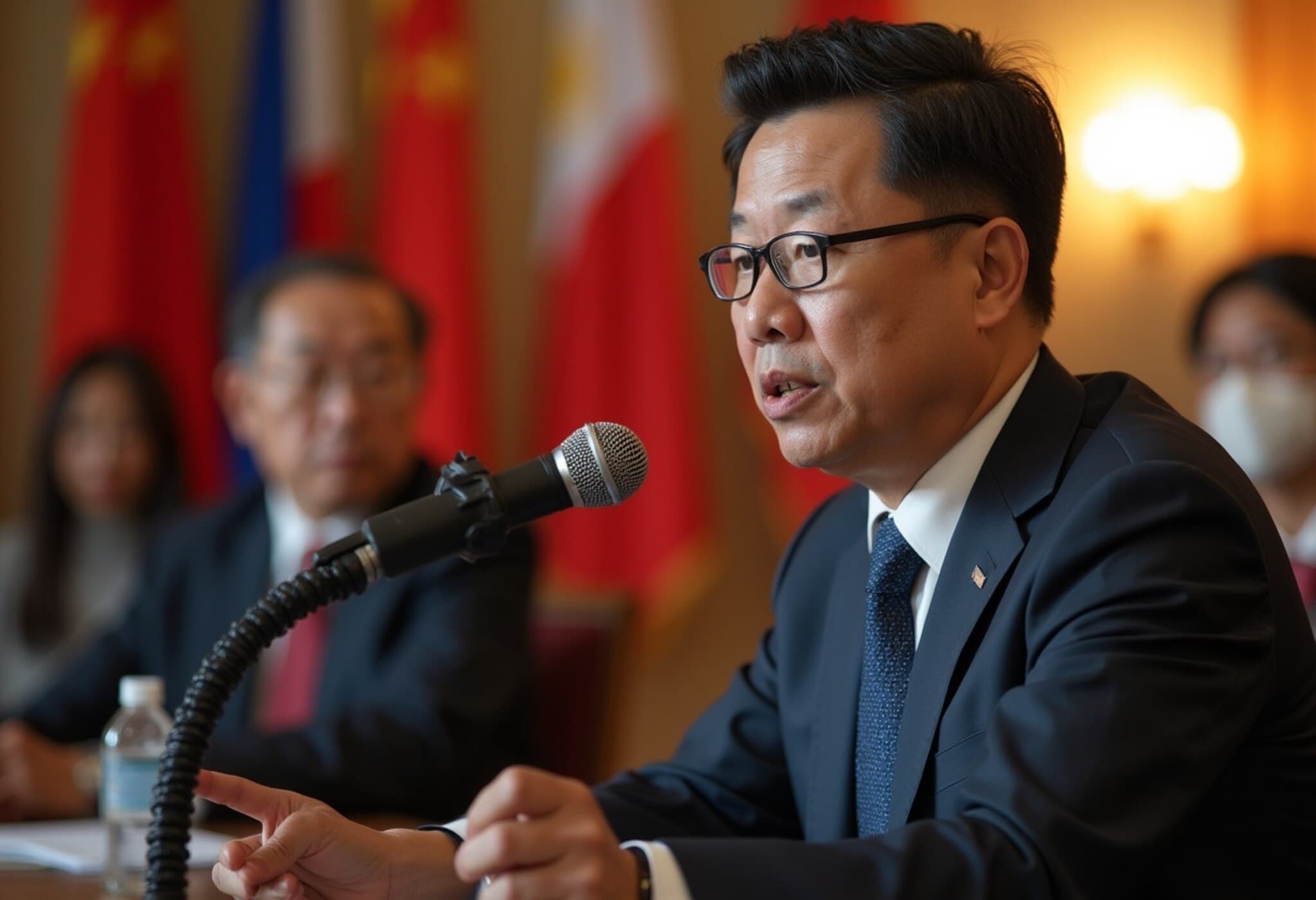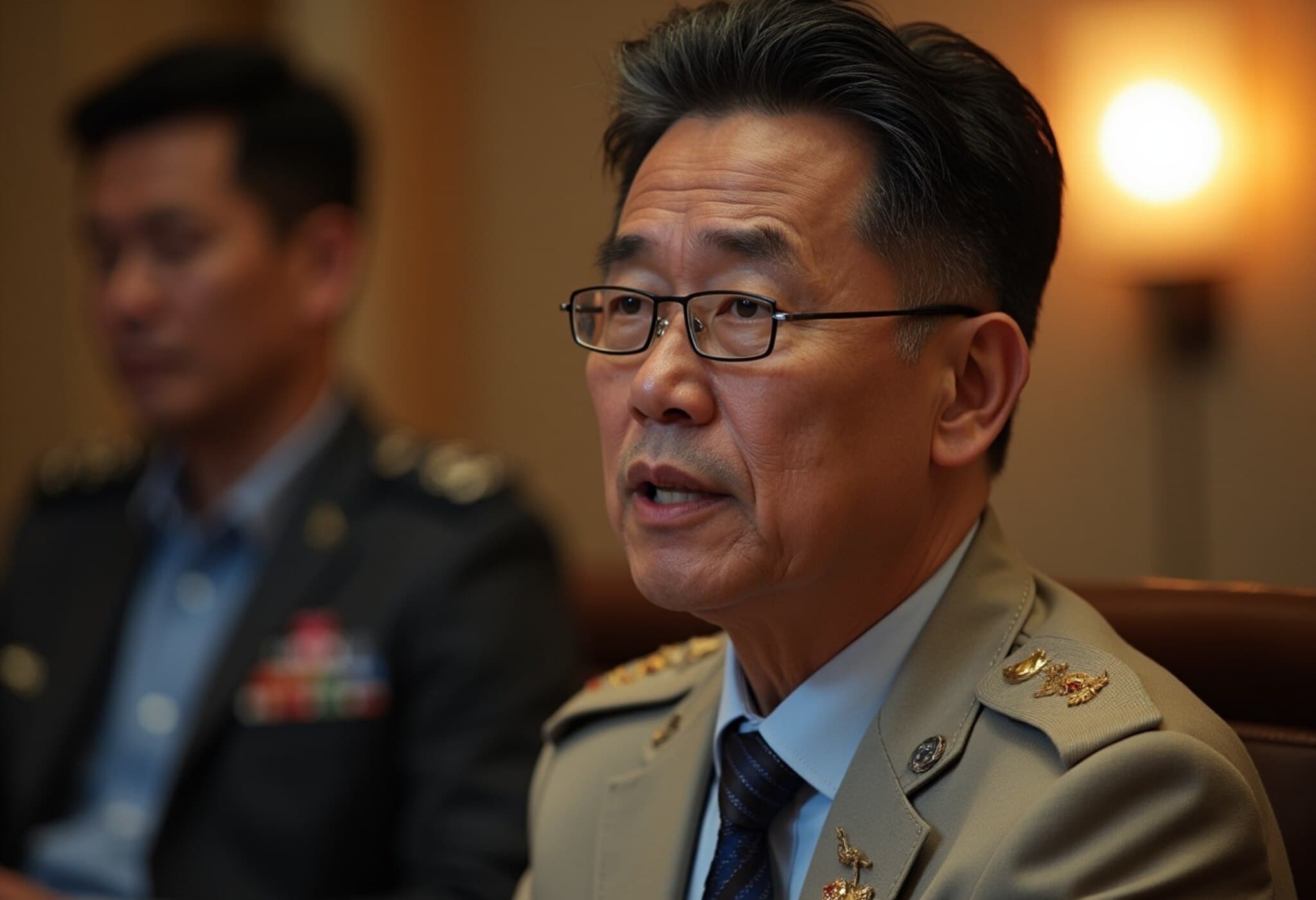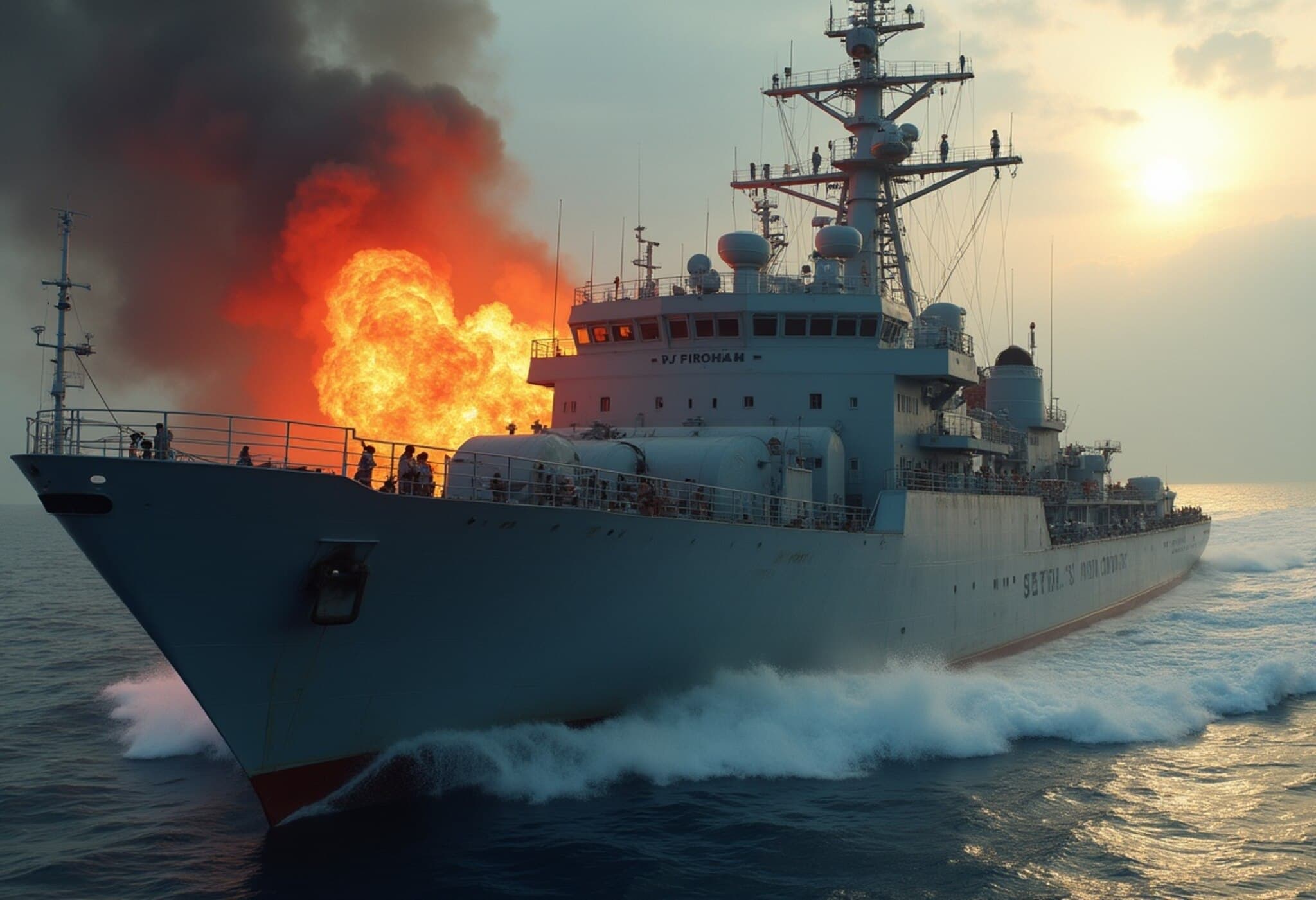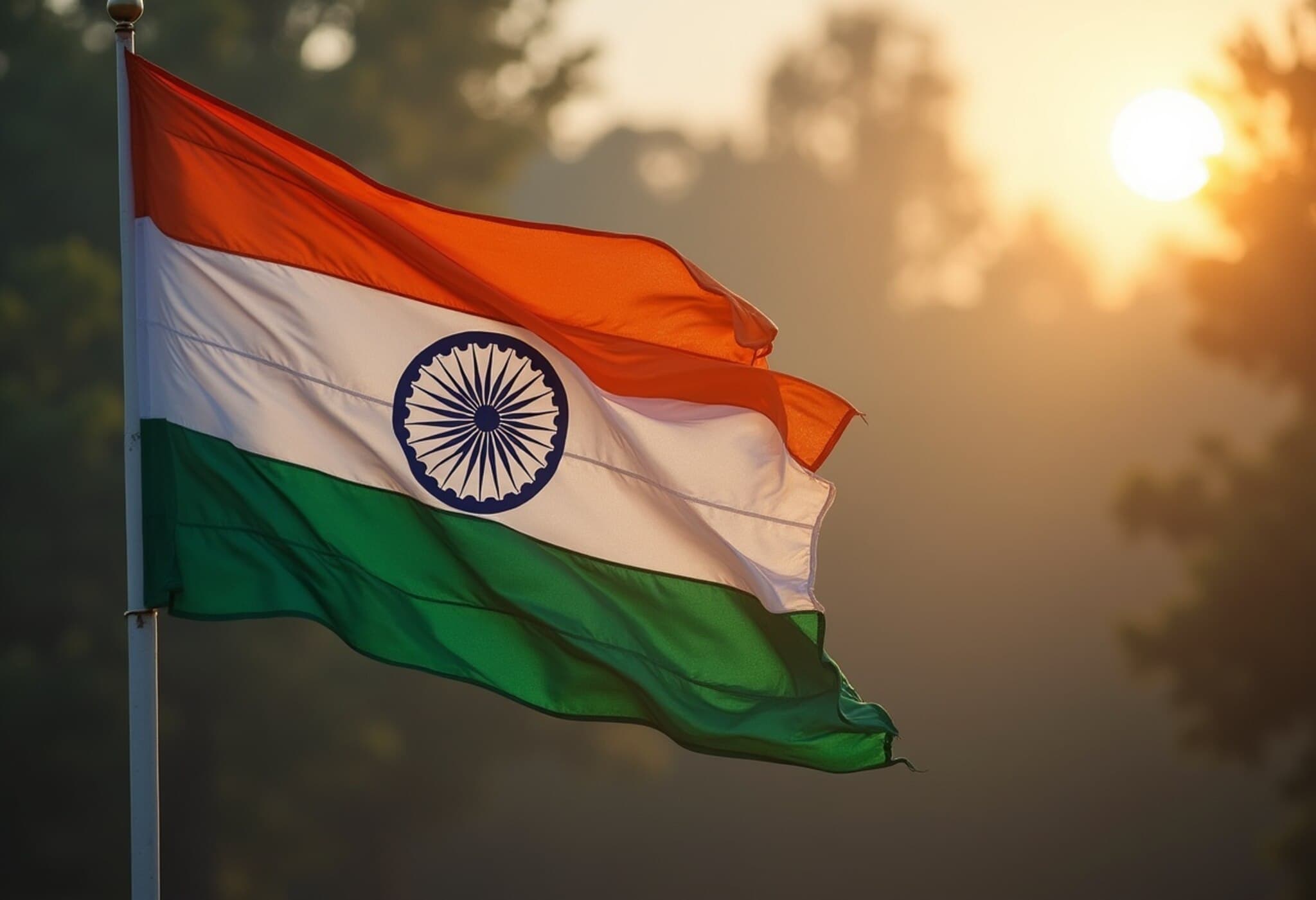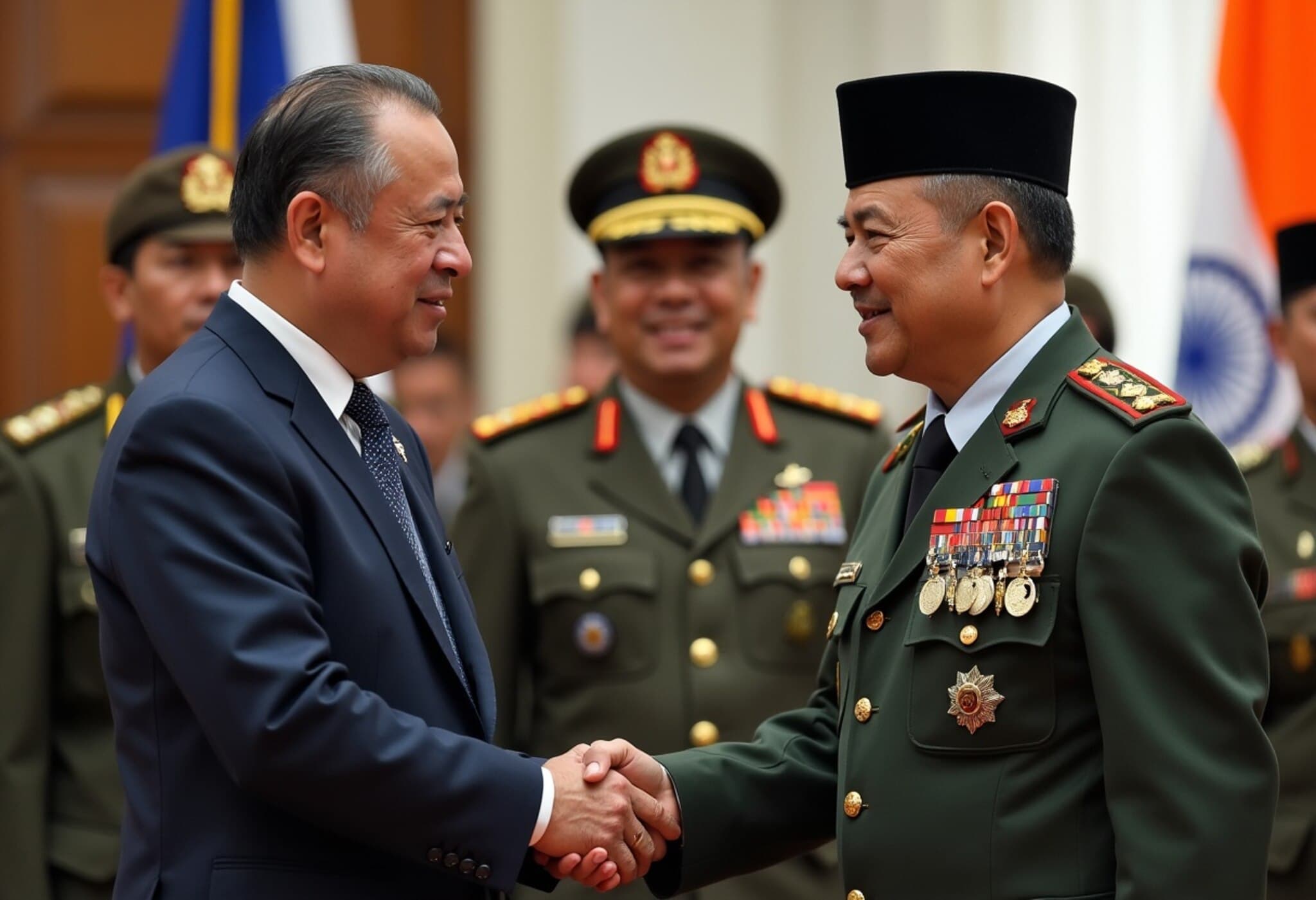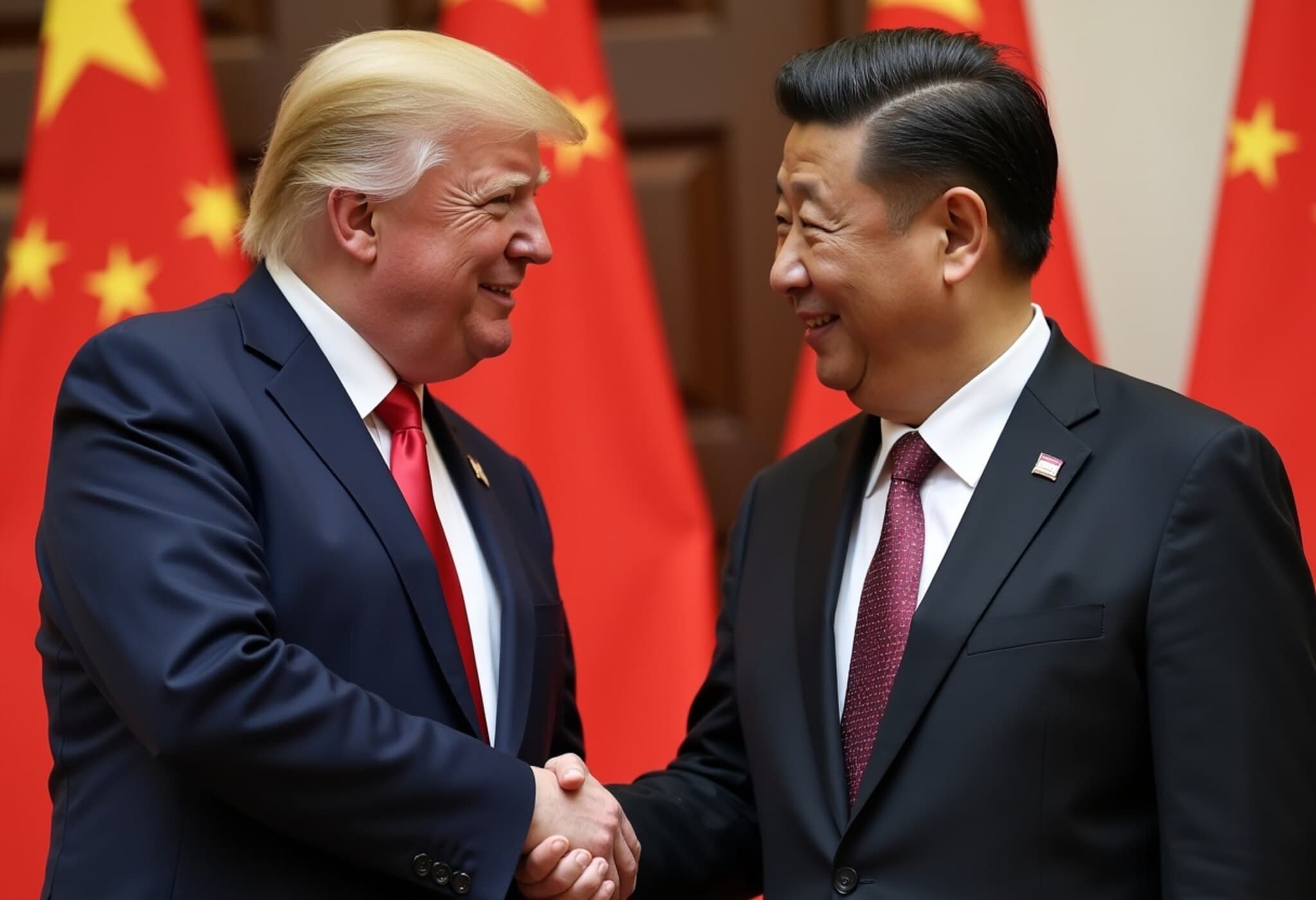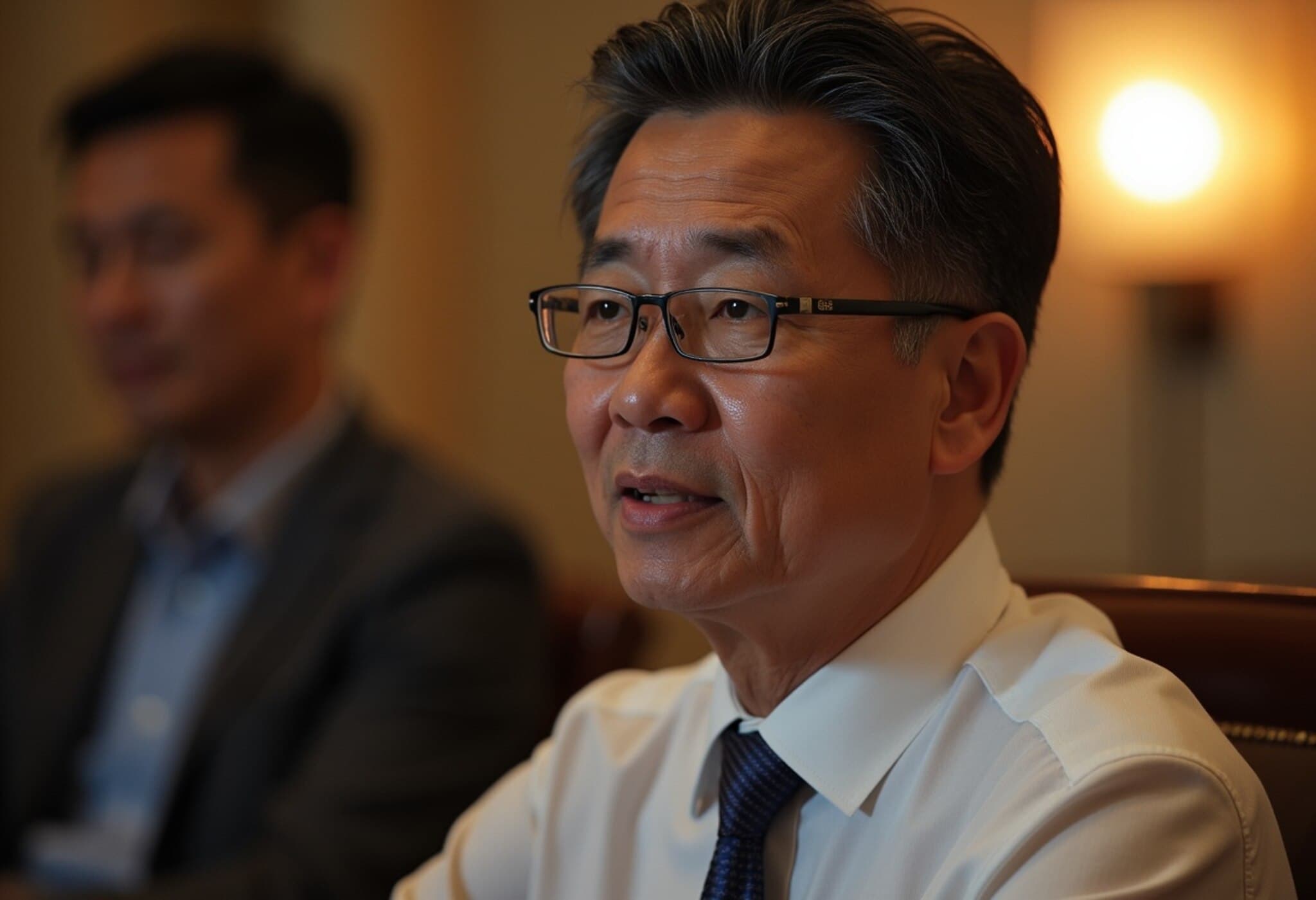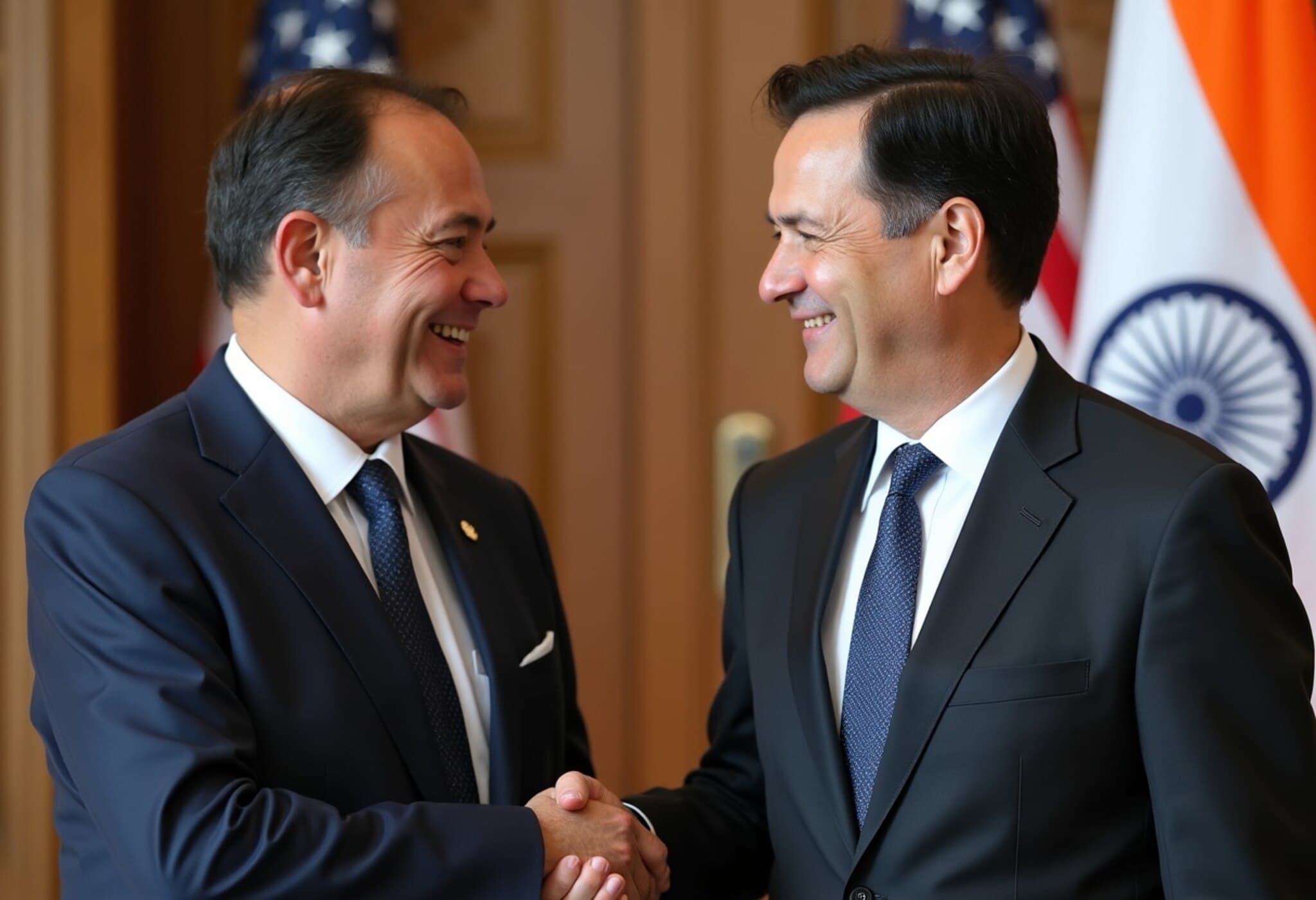Philippine President Marcos’ Taiwan Comments Spark Diplomatic Ripples
During his historic five-day state visit to India, Philippine President Ferdinand R. Marcos Jr. made candid remarks about the Taiwan question in an exclusive interview with Firstpost that have clearly unsettled Beijing. The visit itself was a milestone, as India and the Philippines officially upgraded their partnership to a strategic level, underscoring closer cooperation amid shared regional challenges—particularly concerning China’s growing assertiveness.
Strategic Partnership Amid Rising Regional Tensions
President Marcos’ visit to India concluded with a series of high-level talks with Prime Minister Narendra Modi. They focused on enhancing defense, trade, maritime security, and digital transformation collaboration. Both leaders emphasized upholding a rules-based Indo-Pacific order, highlighting the importance of strategic stability in Asia. PM Modi described the elevation of India-Philippines ties as "historic," accompanied by a 2025–29 Plan of Action to strengthen sectoral cooperation.
Marcos’ Candid Assessment on Taiwan Conflict
What captured Beijing’s scrutiny, however, were Marcos’ forthright views on a potential conflict over Taiwan. Speaking with Firstpost Managing Editor Palki Sharma, Marcos stressed the impossibility for the Philippines to remain neutral if war breaks out between China and the United States over Taiwan.
“To be very practical about it, if there is a confrontation over Taiwan between China and the United States, there is no way that the Philippines can stay out of it, simply because of our physical geographic location,” Marcos said. He illustrated this reality by noting that Kaohsiung, a major Taiwanese city, is only a 40-minute flight from his northern Philippine province, La Union.
He went on to underscore the humanitarian and strategic stakes involved. With many Filipino nationals residing in Taiwan, any conflict would not only threaten regional security but also present an immediate duty to evacuate and safeguard Filipino citizens caught in the crossfire.
“We would have to defend our territory and sovereignty,” Marcos remarked, adding this was a source of great hesitation but unavoidable reality.
Reactions and Wider Implications
Marcos’ remarks have prompted a strong backlash from China, which views any discussion about Taiwan’s defense through alliances as provocative. Beijing consistently asserts a military option remains on the table for its reunification ambitions, making the Philippines’ geographical position and potential involvement a sensitive issue.
For Manila, Marcos’ position reflects a balancing act between maintaining a historically complex relationship with China and upholding close security ties with the United States and other regional partners such as India, especially amid shifting geopolitical dynamics in the Indo-Pacific.
Expert Insight: The Philippines at the Crossroads
Security analysts highlight that the Philippines’ strategic location inevitably entangles it in broader Sino-American rivalry. The visit to India and the upgraded strategic partnership signals Manila’s intent to diversify its alliances, reducing overreliance on any single power bloc.
Moreover, the presence of a significant Filipino diaspora in Taiwan adds a human dimension often underreported in high-level strategic discussions, underscoring the need for Manila to prepare for humanitarian contingencies alongside military considerations.
Looking Ahead
As the regional order faces unprecedented challenges—including looming uncertainty around Taiwan’s status—the Philippines under President Marcos appears ready to assert a more vocal and pragmatic posture. This shift could reverberate across Southeast Asia, where nations similarly navigate complex relationships with China and the United States.
Editor’s Note
President Marcos’ candid interview sheds light on the Philippines’ precarious position amid escalating tensions in the Indo-Pacific. While firmly grounded in geographic realities, his comments raise critical questions about the region’s preparedness for conflict and the humanitarian challenges such a scenario would entail.
It invites readers to consider the often-overlooked perspectives of middle powers caught between great powers’ rivalry, highlighting the urgent need for multilateral dialogue and crisis management mechanisms. As the strategic landscape evolves, Manila’s approach could significantly influence the balance of power and stability in one of the world's most complex geopolitical hotspots.

